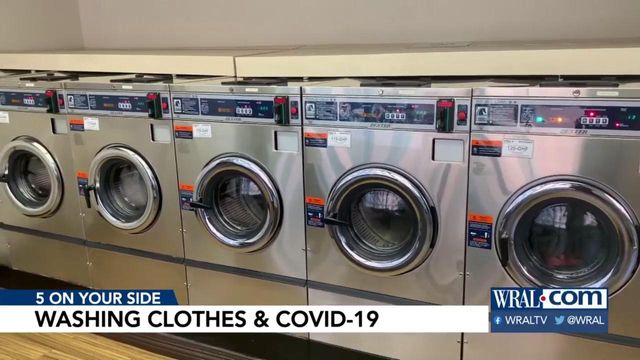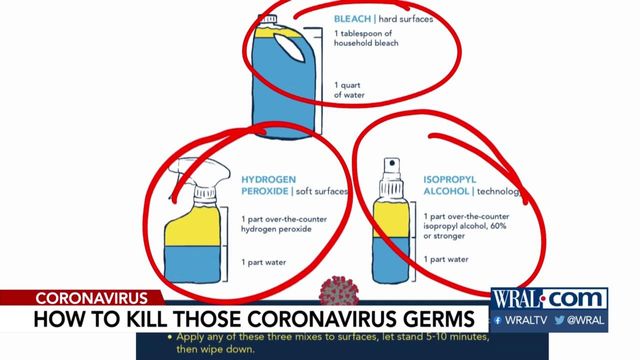5 things to know about laundry and coronavirus
Laundry is a chore many already loathe.
Doing it correctly is a legitimate concern if you live with someone who has a suspected or confirmed case of the coronavirus, or with someone who could be exposed at work, such as at a healthcare facility.
5 On Your Side has five things to know about COVID-19 and washing clothes.

(1) Keep potentially contaminated laundry in a separate bin.
"We don't know for sure how long this coronavirus can survive on clothes, but researchers think it's possible the virus may remain infectious on clothes for hours or even days," says Rachel Rabkin Peachman with Consumer Reports.
"So, any clothes that may have been exposed to the coronavirus, should be treated as contaminated and kept in a separate laundry bin."
(2) When handling the laundry, use disposable gloves if you have them, then throw them away.
Gloves or not, wash your hands thoroughly afterward.
(3) Wash the laundry of a COVID-19 patient as you normally would, with regular detergent. But use the warmest appropriate water setting and dry the clothes completely.
(4) Disinfect all laundry area surfaces, such as door knobs and the door pull on the washing machine. This is especially important if you use a shared laundry facility, like in an apartment building or laundromat.
(5) Social distance there, too.
"Your chances of getting the virus from someone else directly is much higher than getting the virus from a surface. So you'll want to keep at least six feet away from anyone else," added Rabkin Peachman.











